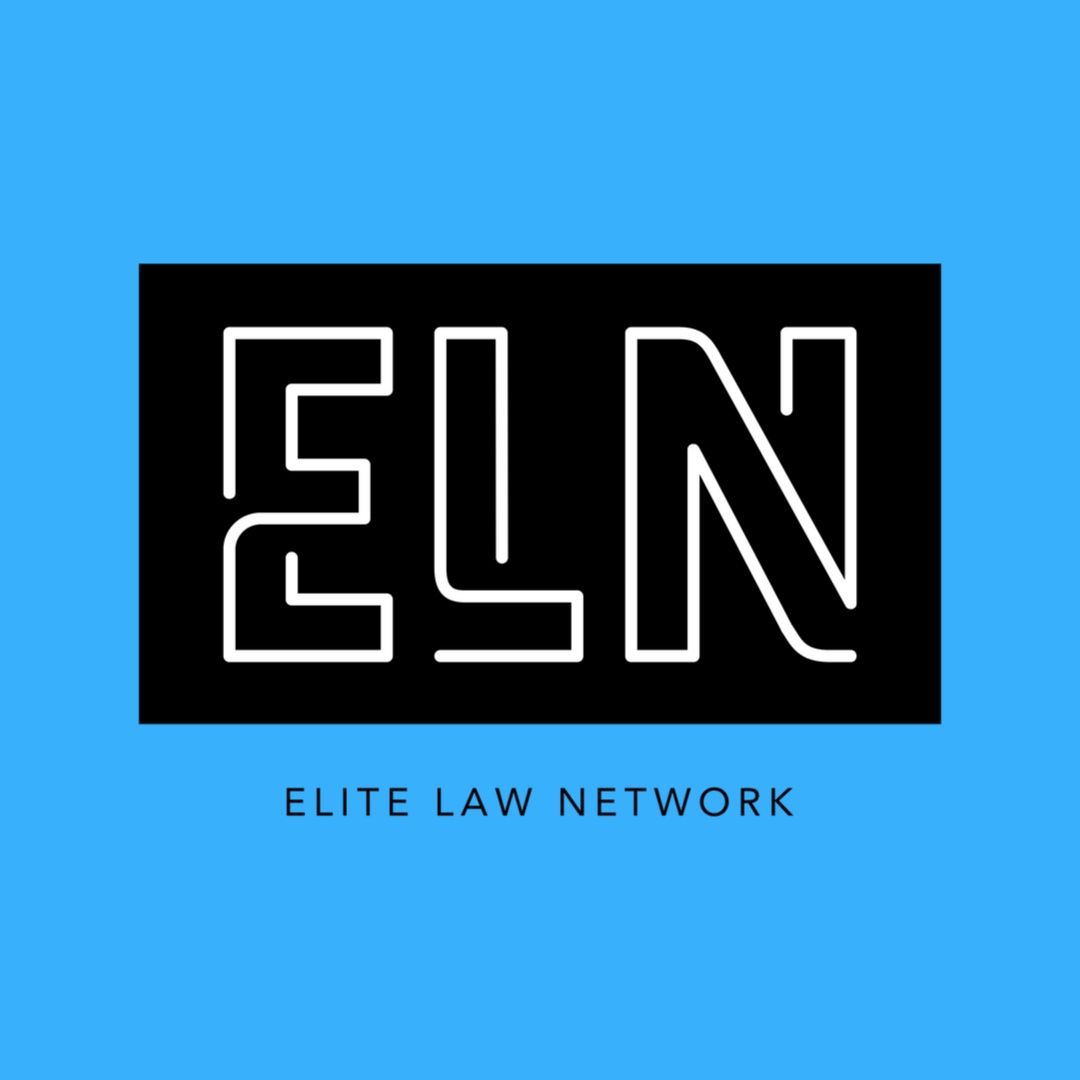The High-Stakes Symphony of Arm's IPO: Navigating Market Jitters and Geopolitical Crosswinds

Arm Holdings, a chip designer behemoth acquired by SoftBank in 2016 for $32bn, is all geared up for a historic IPO on the Nasdaq next month. The preliminary prospectus reveals a valuation of a staggering $64bn, far eclipsing any U.S. IPO since November 2021. But as riveting as the sheer scale of this operation is, multiple undercurrents make it a truly fascinating narrative.

Firstly, the timing is precarious. The IPO comes as the global smartphone market faces its most significant slump in a decade. This is consequential as Arm’s designs dominate this market, boasting a market share of over 99%, 70 per cent of the world’s population uses Arm-based products and chips containing its technology had a 49 per cent share of the total addressable market. Coupled with this is the ever-complicated relationship with China, which accounts for nearly a quarter of Arm's revenues. The Biden administration's increasing sanctions on US semiconductor activities in China loom large. The prospectus candidly states that Arm is "particularly susceptible to economic and political risks" in China. Furthermore, SoftBank’s attempts to distance Arm from its Chinese unit have met resistance from Chinese authorities, which adds another layer of complexity.
This IPO is more than just a financial milestone; it’s also a high-wire act of global proportions. SoftBank’s maneuvering of the Vision Fund's internal transactions valued Arm at $64bn, and the fund has been in talks with notable cornerstone investors like Amazon, Intel, and Nvidia. The latter had its $66bn bid to acquire Arm squashed last year, adding a poetic if tense dimension to the narrative.
For the Aspiring Lawyer:
This story is flush with implications from corporate law, international trade, and intellectual property rights, to the financial structures behind mega IPOs. Understanding the interconnectedness of these fields is crucial. Take, for example, the "preliminary prospectus." This is essentially a legal document filed with the Securities and Exchange Commission that outlines the terms, conditions, and risks of the IPO. Investors and lawyers scrutinize this document to weigh the viability of investing.
Potential Impact for Corporate Lawyers:
- Regulatory Hurdles: Lawyers will be deeply involved in navigating the thickets of regulations that govern IPOs, especially those as massive and international as Arm's.
- IP Valuation: Intellectual Property (IP) comprises a significant part of Arm's valuation. Lawyers specializing in IP could play a crucial role in assessing and safeguarding these assets.
- Geopolitical Risks: China's integral role in Arm's operations creates a complex legal landscape. There will be a demand for lawyers who specialize in international trade laws and understand geopolitics.
- Corporate Structuring: SoftBank's layered internal transactions indicate a complicated corporate structure. Understanding and optimizing these structures could be lucrative for corporate lawyers.
- Investor Relations: The prospect of big names like Amazon and Nvidia being cornerstone investors could lead to complex, high-stakes negotiations. Lawyers proficient in contractual law will have an indispensable role here.
Using This Article in an Interview:
- Demonstrate Awareness of Regulatory Risks: Point out how the Biden administration’s current stance towards China could impact Arm's business, highlighting your understanding of international trade law.
- Show Insight into IP Valuation: Discuss the role of intellectual property rights in the tech industry, especially in the context of Arm's near-monopoly in chip designs.
- Explain the Significance of Stakeholder Relations: Mention SoftBank’s talks with Amazon, Intel, and Nvidia as a nuanced approach to diversify risk, emphasizing the role that stakeholder management plays in corporate decisions.
- Talk About Market Timing: The IPO comes at a time of a downturn in the smartphone market. Highlighting this can demonstrate your comprehension of market dynamics and their impact on legal and financial strategies.
Introduction:
Sentence 1: "I recently read an interesting article about Arm Holdings preparing for a historic IPO on the Nasdaq, which could be the biggest since November 2021."
- Why This Works: It immediately shows that you're keeping up-to-date with current events in the corporate world.
Regulatory Risks:
Sentence 2: "One aspect that struck me was the regulatory environment, especially given the Biden administration's stance on U.S. semiconductor companies' activities in China."
- Why This Works: This demonstrates your understanding of how geopolitical issues can impact business operations, a valuable perspective for any aspiring lawyer.
Intellectual Property:
Sentence 3: "The article also highlighted the value of Arm's intellectual property. Their chip designs have a near-monopoly in the smartphone market, with a 99% market share, 70 per cent of the world’s population uses Arm-based products and chips containing its technology had a 49 per cent share of the total addressable market."
- Why This Works: By mentioning IP and market share, you're showing that you grasp the interconnectedness of legal assets and market dynamics.
Stakeholder Relations:
Sentence 4: "SoftBank has been in talks with companies like Amazon and Nvidia for potential investments in the IPO. This could present complex legal negotiations and contracts."
- Why This Works: This demonstrates your awareness of the intricacies of stakeholder relations, which often involve complicated legal contracts—a key interest point for corporate lawyers.
Market Timing:
Sentence 5: "It's also noteworthy that this IPO is happening during a significant slump in the global smartphone market."
- Why This Works: Mentioning market timing shows you understand that business decisions don't occur in a vacuum but are deeply affected by market conditions, which can often lead to legal complications or necessitate strategic adjustments.
Financial Implications:
Sentence 6: "Despite reporting a slight decline in revenue and net profit, the company aims for a valuation of $64 billion, revealing SoftBank’s keenness to cash in on high valuations."
- Why This Works: Discussing the company's financials shows that you not only understand the basic financial metrics but also see their broader implications, including strategy and investor relations.
Conclusion:
Sentence 7: "Overall, I think this IPO presents a fascinating confluence of legal, financial, and geopolitical factors that would require the concerted efforts of corporate lawyers specializing in various domains."
- Why This Works: This sentence wraps up your thoughts neatly and emphasizes the multidisciplinary approach needed in corporate law, thus reinforcing your commercial awareness and interest in law.
Incorporating these elements into your discussion would give you a well-rounded argument that demonstrates your commercial awareness. This will be particularly impressive to interviewers as it shows your ability to think critically, interpret multifaceted situations, and relate them to your desired field—key skills for any aspiring lawyer.
